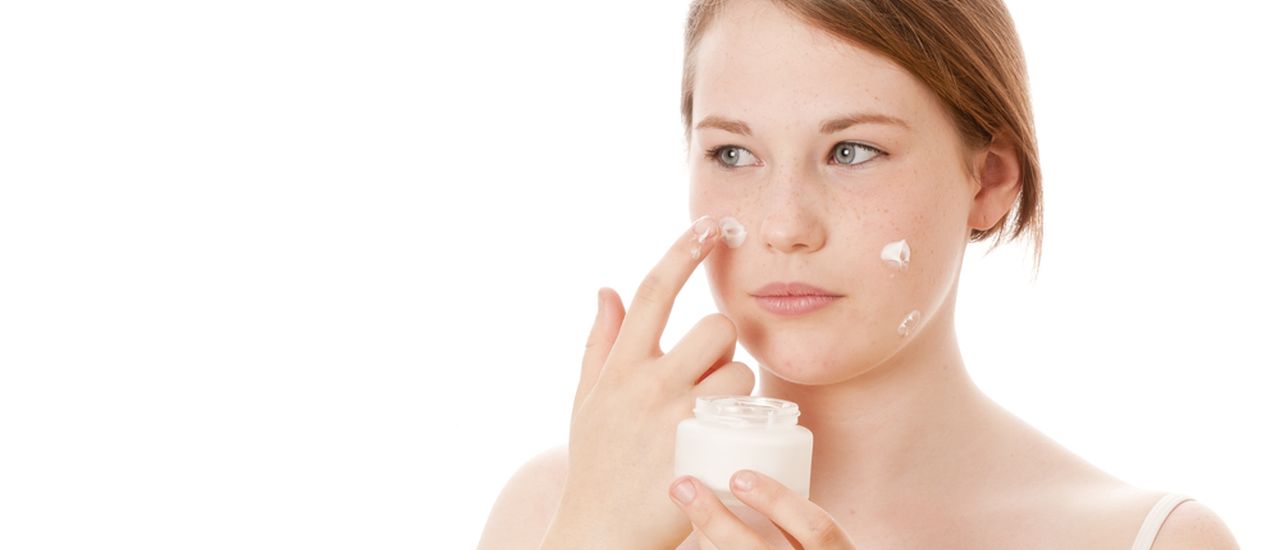Skin cancer is the most common cancer in South Africa with about 20 000 reported cases every year and 700 deaths. South Africa has the second highest incidence of skin cancer in the world after Australia. But skin cancer is preventable! Here’s how to know your skin so that early signs can be detected before they spread.
You can prevent skin cancer by minimizing your exposure to harmful UV rays which cause sun damage and trigger events which lead to skin cancer. It’s also extremely treatable – if caught early. To detect early skin cancers, you need to know your skin so that the early signs can be found before they spread.
The three main skin cancers
There are three main types of skin cancer; malignant melanoma, basal cell carcinoma and squamous cell carcinoma. By far the most lethal type is malignant melanoma, which affects both young and old and is especially common in fair skinned individuals. It is an aggressive cancer so early detection can be life-saving as the cancer can be removed before it spreads to distant organs.
What you can do
Get familiar with your moles and skin lesions so that any changes in them will be detected early. Perform a monthly self-examination of your whole body. For hard to see places, such as on your back or scalp, use a mirror. If you can spot it, you can stop it! You should also visit your doctor/dermatologist for an annual “mole mapping”.
The signs
What are the signs to look out for? Here is a link to the ABCDE of warning signs for melanoma. Recording your moles, on a body map, is extremely useful to alert you to changes in appearance, borders, colour and diameter. You could even take pictures on your smartphone for later reference. For the other types of skin cancer, be on the alert for lesions especially in sun-exposed areas such as the face, nose, ears, scalp and chest. These can present in a number of ways –they may be raised, crusty or itchy, have a rolled edge or irregular border. Have any suspicious lesion checked out by your doctor, without delay.
Remember: prevention is better than cure. Minimise your sun exposure, wear a hat and don’t forget the sunscreen!

